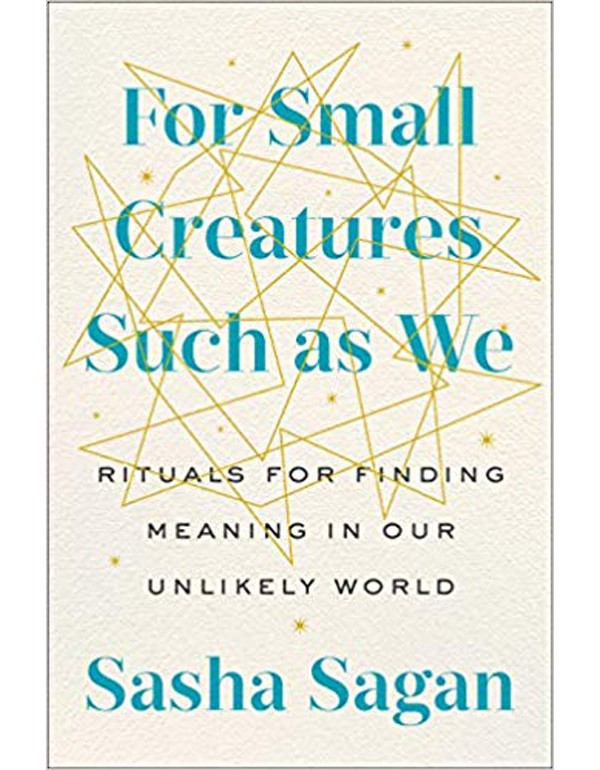Leviathan
- By: Thomas Hobbes
- Categories Books , Adults & General Classification , Philosophy & Religion
- Stock Availability: Out Of Stock
- ISBN: 9780141395098
- Total Pages: 688
- Book Language: Leviathan
- Available Book Formats: Paperback
- Year: 2017
Price:
JOD 14.50
"While men live without a common power to keep them all in fear, they are in that state which is called Warre."
Written during the turmoil of the English Civil War, Leviathan is an ambitious and highly original work of political philosophy. Arguing that the essential nature of man is competitive and selfish, Hobbes formulates the case for a powerful sovereign—or "Leviathan"—to enforce peace and law, substituting security for the anarchic freedom he believed human beings would otherwise experience. This worldview shocked many of Hobbes's contemporaries, and his work was publicly burned for sedition and blasphemy when it was first published. But in his rejection of Aristotle's view of man as a naturally social being, and in his careful analysis of the ways in which society can and should function, Hobbes opened up a whole new world of political science.
Based on the original 1651 text, this edition incorporates Hobbes's own emendations, while retaining the original spelling and punctuation, for a lively and clear read. C. B. Macpherson's introduction elucidates one of the most fascinating works of modern philosophy for the general reader.
For over seventy years, Penguin has been the leading publisher of classic literature in the English-speaking world. With over 1,700 titles, Penguin Classics represents a global library of the best works from across history and across all genres and disciplines. Readers trust the series to provide authoritative texts enhanced by introductions and notes by distinguished scholars and contemporary authors, as well as up-to-date translations by award-winning translators.







